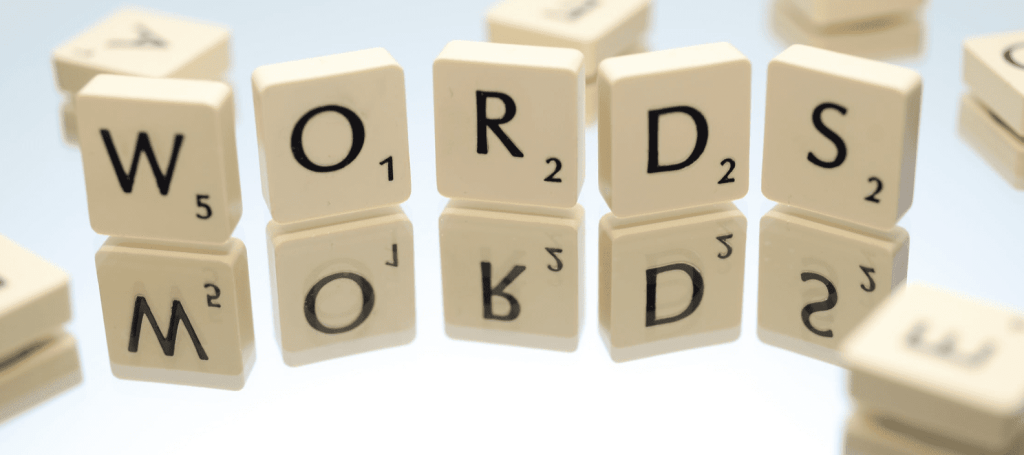Language is ever-changing. As time passes and cultures shift, language grows and expands to accommodate new modes of thinking and such.
Consider how Old English was spoken in the pilgrim days. Wouldst thou still crave to speak as they didst way bak when? You get my point. The fact that Merriam-Webster continues to roll out new editions that add to our lexicon speaks for itself.

Photo Credit: Skitterphoto
Which brings me to my point: there are some very common phrases that people tend to combine into one word, even though they are actually not one word—or maybe the one word means something different. Here are a few examples.
6. Everyday or every day
This is tricky, as both of these are real; however, they have two very different definitions. Everyday (combined) is an adjective meaning “encountered or used routinely or typically.” An example would be: He wears his everyday clothes to work.
Whereas every day means (as explained by Grammarly): “Every day is a phrase that simply means ‘each day.'”
So you would say, I have to go to work every day not everyday.
5. A Lot or alot
This word, I mean phrase has haunted me since birth. For years, I thought it was one word and today, I still slip up—a lot! There’s no trick to making sure you remember this rule, sorry.
4. Do you work out or workout?
Try to guess which one is correct. Got it?
No?
I’ll put you out of your misery. Both are correct depending on usage. Workout is a noun, “a practice or exercise to test or improve one’s fitness for athletic competition, ability, or performance.” Work out is a verb, “to bring about by labor and exertion.”
A sentence would be something like, “I’m going to work out after work, but need to buy workout clothes.”

Photo Credit: Pexels
3. Get away!
Get away has been combined to become getaway, but be careful how you use them! A getaway is a place or destination which you vacation.
So perhaps you need to get away from it all and book a getaway…see my point?
2. Ice Cream
I’m a touch confused by this one as ice cream has always been separated (I thought). But I explored it a bit, and, while slightly unusual, you may see this hyphenated to “ice-cream cone” or “ice-cream shop.”
BTW…don’t be that person.
1. Thank you
This is really more about whether shortening thank you to thanks is right. Both are grammatically correct, and thanks certainly does the same job, although in a more informal fashion.
While the English language continues to change, be careful of the grammar police—regardless of how annoying they are, when they’re right, they’re right.
And the grammar police are always right.
Hopefully, these tips will help avoid any unnecessary citations from your annoying friends!






